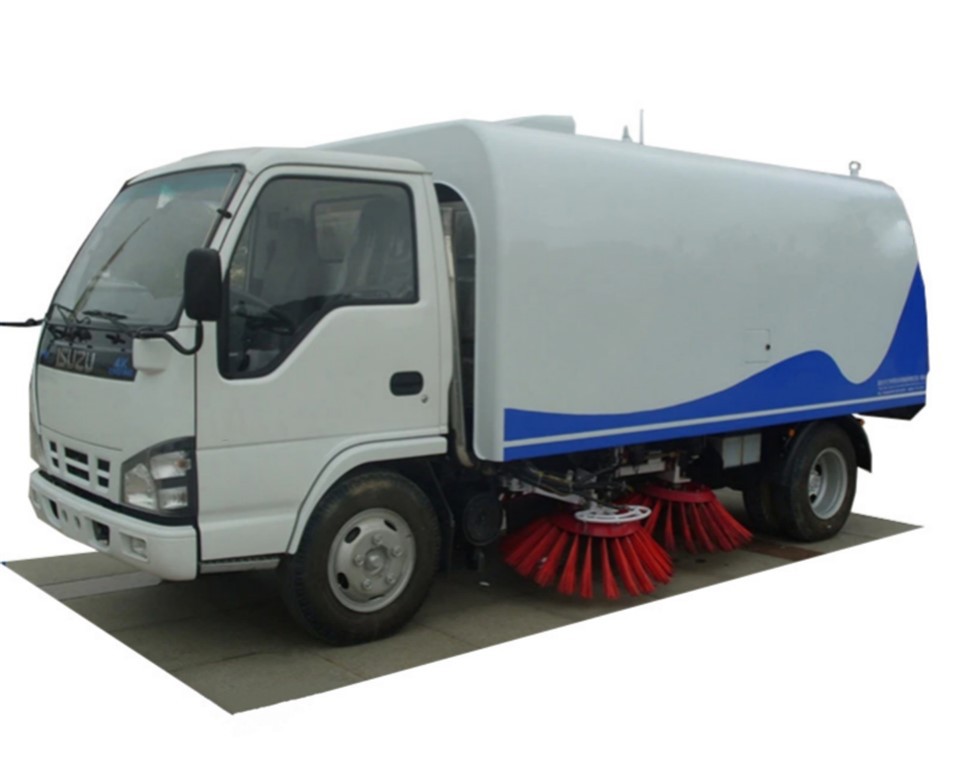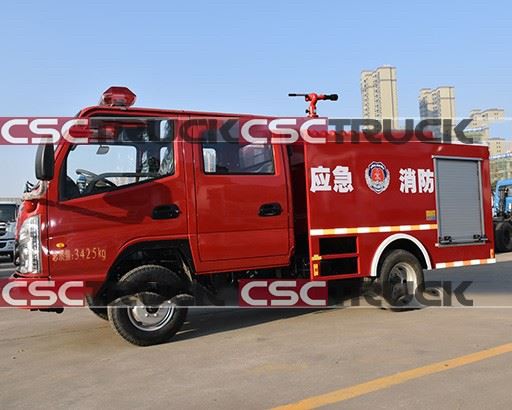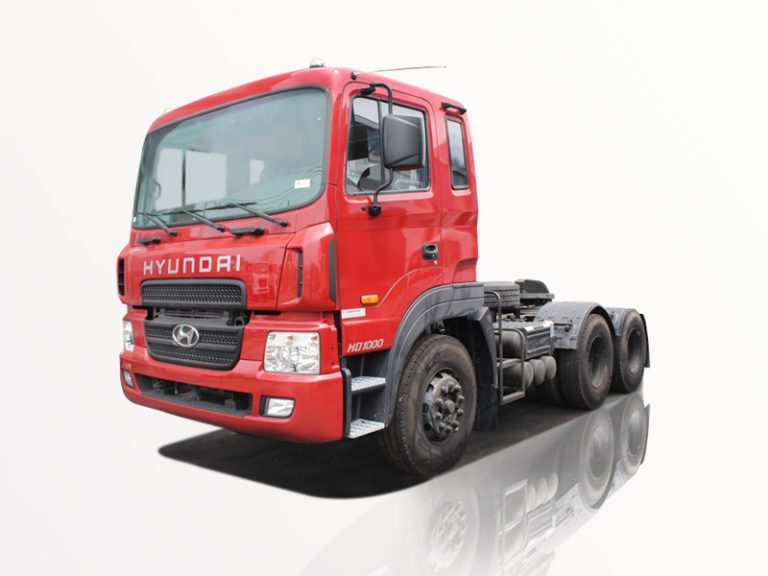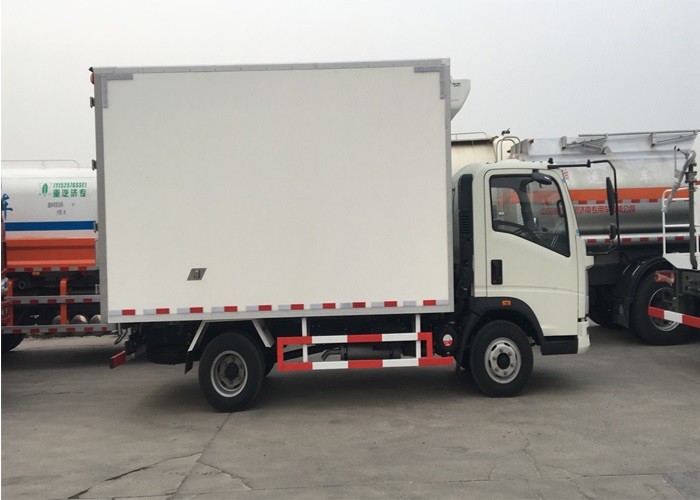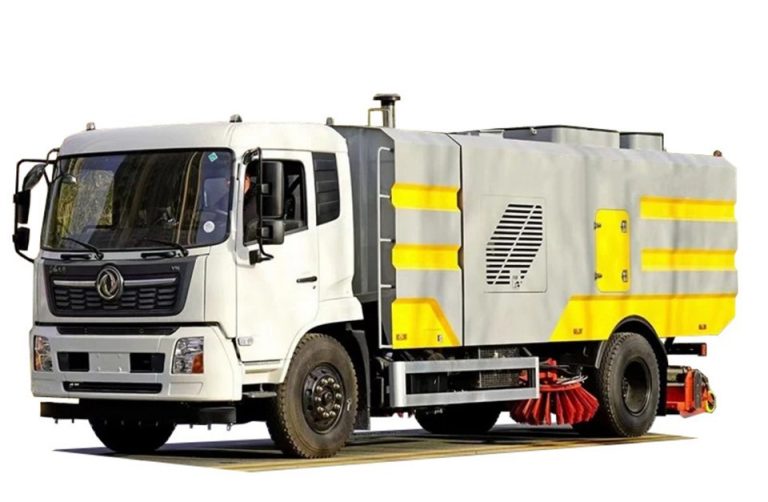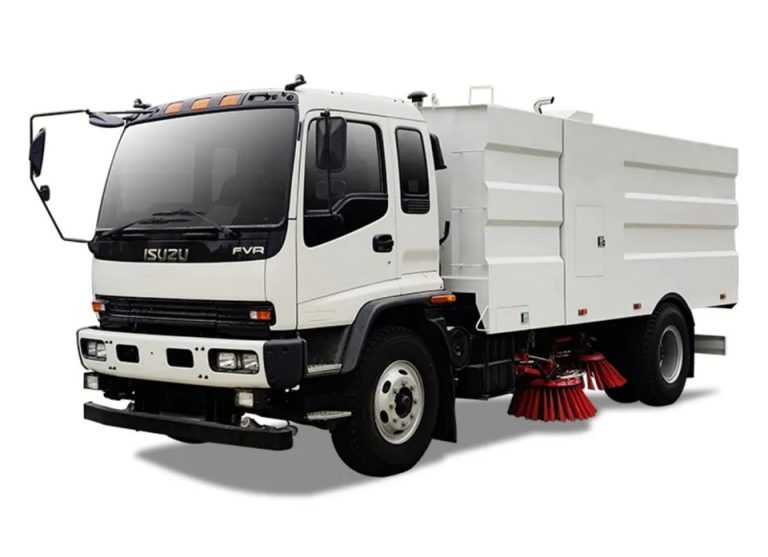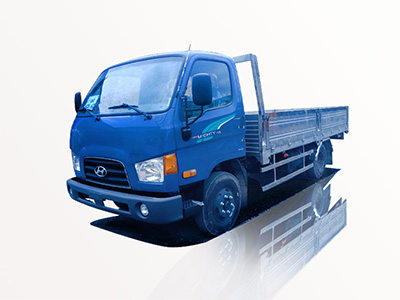Introduction
In today’s fast-paced world, efficient waste management is a critical aspect for both businesses and municipalities. Self contained compactors have emerged as a viable solution to manage waste effectively while maximizing space and minimizing odor. These powerful machines not only condense waste materials into manageable sizes but also enhance cleanliness and efficiency in waste disposal operations. In this comprehensive guide, we will explore what self contained compactors are, their benefits, types, applications, and tips for selecting the right compactor for your needs.
What Are Self Contained Compactors?
Self contained compactors are specialized waste management machines designed to compress various types of waste into a compact form, stored in a sealed container. This reduces the volume of waste, making it easier to transport and dispose of. Unlike traditional compactors, self contained compactors have an integrated container, preventing leaks and keeping odors contained.
How Self Contained Compactors Work
The operation of self contained compactors is relatively straightforward yet highly effective. Here’s a breakdown of their main components and functionality:
Main Components
- Compaction Chamber: The area where waste is loaded and compacted.
- Hydraulic System: Powers the compaction mechanism, compressing waste efficiently.
- Sealed Container: Holds the compacted waste, preventing leaks and odors.
- Control Panel: Allows users to operate the compactor easily and monitor the process.
Compaction Process
The compaction process involves the loading of waste materials into the compaction chamber, where they are compressed using hydraulic force. Once the materials are compacted, they are sealed and stored in the container, ready for transport. This process effectively reduces waste volume by up to 80%, making it an ideal solution for businesses and facilities that produce large amounts of waste.
Benefits of Self Contained Compactors
Investing in self contained compactors comes with a plethora of benefits:
1. Space Efficiency
By reducing the volume of waste, self contained compactors allow facilities to utilize their space more effectively. Less frequent pickups mean that businesses can allocate storage space for other essential operations.
2. Odor Control
The sealed design of self contained compactors minimizes unpleasant odors typically associated with waste. This is particularly beneficial in urban environments or areas with strict health regulations.
3. Reduced Labor Costs
With less frequent waste collection needs, businesses can save on labor costs associated with managing waste disposal. Fewer pickups mean less manpower required for waste handling tasks.
4. Environmental Compliance
Using a self contained compactor can help businesses comply with environmental regulations by ensuring proper waste disposal and minimizing litter and pollution.
5. Increased Convenience
Self contained compactors can be easily integrated into existing waste management systems, providing a convenient solution for businesses looking to enhance their waste management practices.
Types of Self Contained Compactors
When considering self contained compactors, it’s important to understand that they come in various types to suit different waste management needs:
1. Vertical Self Contained Compactors
These compactors are designed for installations where space is a premium. They operate vertically and are perfect for compacting materials like cardboard, paper, and mixed waste. Vertical compactors are often used in shopping centers and restaurants.
2. Horizontal Self Contained Compactors
Horizontal compactors are often larger and provide higher compaction ratios. They are ideal for large-scale waste management operations, commonly used in industrial applications and large retail settings.
3. Specialty Compactors
Some self contained compactors are engineered for specific types of waste, such as food waste or construction debris. These machines often come with custom features to handle unique requirements.
Applications of Self Contained Compactors
Self contained compactors are versatile machines that find utility across various sectors:
1. Retail and Grocery Stores
Retail environments produce significant amounts of packaging waste, and self contained compactors help manage this efficiently while maintaining cleanliness.
2. Restaurants and Food Services
These businesses benefit from self contained compactors to minimize odors associated with food waste, keeping dining areas pleasant for customers.
3. Industrial and Manufacturing
Factories and manufacturing units produce significant quantities of waste, where self contained compactors help streamline their waste disposal processes.
Selecting the Right Self Contained Compactor
Choosing the right compactor for your business needs can be daunting. Here are some essential tips to guide your decision:
1. Assess Your Waste Volume
Evaluate the amount and type of waste generated daily to determine the appropriate compactor size and type.
2. Consider Space Availability
Make sure to measure the available space to ensure the chosen compactor fits well without obstructing other operations.
3. Evaluate Features
Look for features that enhance safety and efficiency, such as automated controls, safety locks, and easy loading mechanisms.
4. Research Brands and Models
Different brands may offer varying features and warranties. Conduct research and read reviews on models that fit your needs.
Maintenance Tips for Self Contained Compactors
Proper maintenance is crucial to ensure the longevity and efficiency of self contained compactors. Here are some best practices:
1. Regular Inspections
Conduct routine checks to identify any wear and tear, or leaks, and address them promptly.
2. Clean the Compactor
Regular cleaning prevents odors and maintains hygiene, particularly in food service applications.
3. Lubricate Moving Parts
Regular lubrication of moving parts will ensure smooth operation and prevent unnecessary wear.
Cost Considerations for Self Contained Compactors
When planning to invest in a self contained compactor, it’s essential to understand the overall costs involved:
1. Initial Purchase Cost
The cost of acquiring a self contained compactor can vary widely based on its size, features, and brand. Typically, these can range from a few thousand dollars to over twenty thousand.
2. Installation Fees
Professional installation may be required, and it’s advisable to factor this into your budget.
3. Maintenance Costs
Regular maintenance and repairs also contribute to the overall cost of ownership. Planning for these expenses can prevent unexpected budget strains.
4. Operational Costs
Consider the costs associated with waste pickup and disposal, which may change depending on how efficiently the compactor reduces waste volume.
Conclusion
Self contained compactors are invaluable tools for efficient waste management in various industries. Their ability to compact waste, control odors, and minimize space usage ensures that businesses can operate more sustainably and cost-effectively. By selecting the appropriate compactor and adhering to maintenance guidelines, facilities can improve their waste management practices significantly.
Frequently Asked Questions
1. What types of waste can self contained compactors handle?
Self contained compactors can handle various types of waste, including cardboard, paper, plastics, food waste, and general refuse. It is essential to choose a model specifically designed for your type of waste for optimal results.
2. How often should maintenance be performed on self contained compactors?
Maintenance should be conducted regularly, with inspections at least once a month and a more comprehensive review every six months. Cleaning and lubrication should also be a part of routine maintenance.
3. Can self contained compactors reduce waste pick-up frequency?
Yes! Self contained compactors are designed to reduce the volume of waste significantly, which often allows businesses to schedule waste pickups less frequently, saving time and money.
4. Are there any safety concerns associated with self contained compactors?
As with any heavy machinery, there are safety concerns. It’s crucial to train staff on safe operating procedures, ensure the compactor has safety features, and follow maintenance protocols to minimize risks.
5. What is the lifespan of a self contained compactor?
The lifespan of a self contained compactor can vary based on usage, maintenance, and brand. Typically, you can expect a good compactor to last anywhere from 10 to 15 years with proper care.
6. Where can I purchase a self contained compactor?
Self contained compactors can be purchased from specialized waste management equipment suppliers or directly from manufacturers. Be sure to research options and compare features and prices to find the best fit for your needs.
